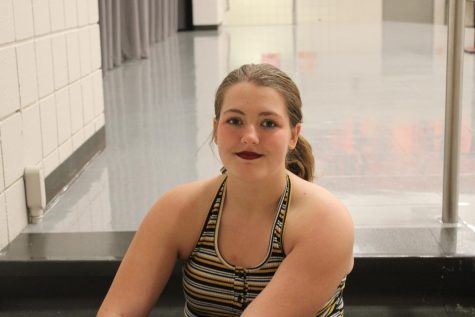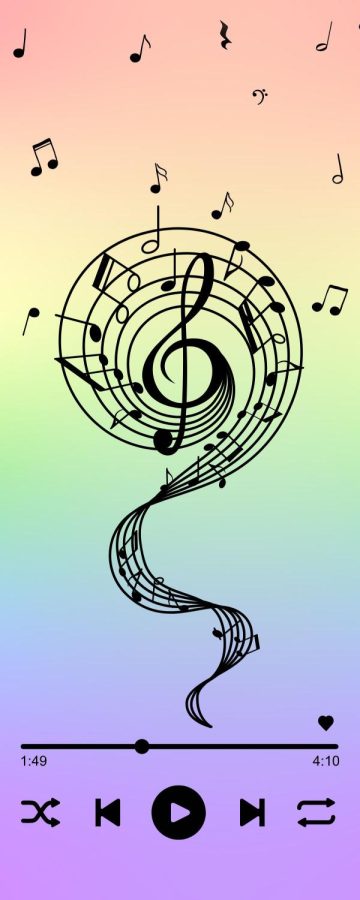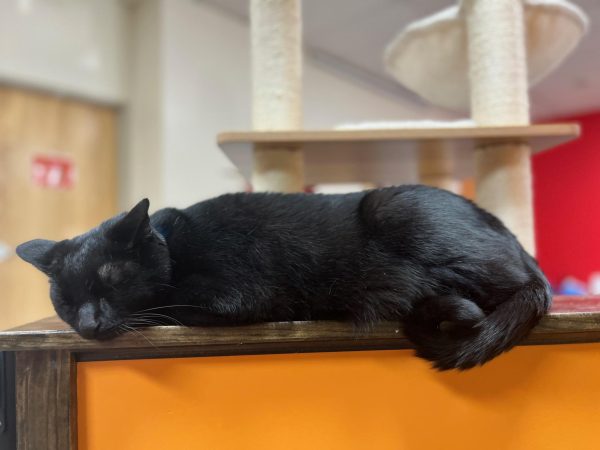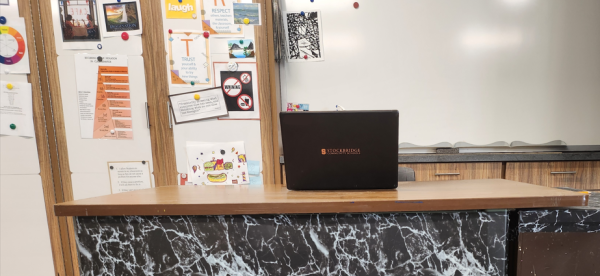Feeling the beat
Music’s effect on emotion
On Spotify, Apple Music, Youtube and any other streaming platforms, you can find hundreds of playlists crafted to evoke specific emotions or vague feelings. Weather you’re in your sad girl feelings or want a playlist to convey main character energy, there’s music and playlists already made, and if none of those fit just right, making your own is just as simple.
“Music definitely has big effects on my mood,” sophomore Eliana Johnson said. “I know that there’s been numerous studies out there that link music to dopamine production and other chemicals. But I know a lot of people, and me, also go to sad music when we’re feeling sad to make ourselves more sad.”
Of 41 students surveyed, 95% share the opinion that music influences mood and feelings. This is backed by decades of research. Dr. Valorie Salimpore, a postdoctoral researcher at Rotman Research institute, linked listening to music to an increase in the production of dopamine, a hormone known as the “feel-good” hormone. When listening to music, the feeling of chills people can experience is the brain releasing dopamine. This creates feelings of joy and motivation.
This increase in motivation is why so many people listen to music while working out, studying or doing school work. Some people use music for motivation to do tasks that are usually boring or difficult to focus on.
“I find it really hard to work without music. Music really helps get through school and homework and everything,” junior Loke Muscoe said.
Because of this, some teachers have even started to play music during classes to motivate students. Sarah Korff, who teaches algebra one and two, plays music throughout work time in her classes.
“I think the music helps students focus, and also, I don’t like the silence,” Korff said.
Many people bond over their shared love of music and the impact it has on their lives. Beyond just a psychological effect, the meaning in songs and the emotions the songs convey can connect people.
“Music connects people by relating to similar struggles, goals and aspirations,” senior Hannah Breslin said.

Jamie Phillips is a senior in high school, and a reporter and photographer for Uncaged. They’re also a part of varsity softball and leadership. They...








